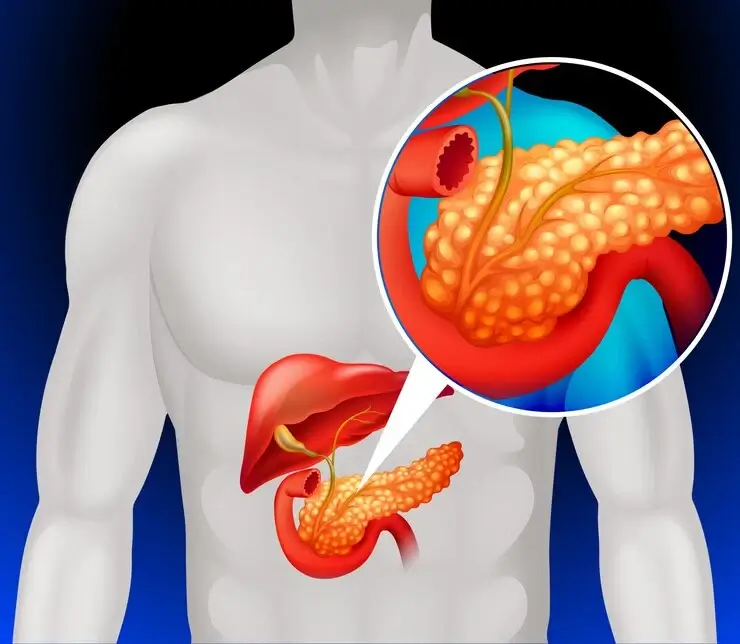The Alternative Therapies To Treat Fibromyalgia

Have you ever imagined what it would be like to wake up with a feeling of persistent pain as if you’ve been through a marathon all night?
Tough to imagine.
Well, for many people facing fibromyalgia, that’s not a hypothetical scenario—it’s their reality.
As it troubles millions of the global population, primarily women, and infiltrates every aspect of their lives, it becomes challenging to work, socialize, and even find solace in rest.
But despite the challenges, there’s hope in various therapies out there! This blog is a guiding light, providing valuable knowledge on the numerous therapies to manage fibromyalgia. So, let’s dive in!
Understanding Fibromyalgia
Fibromyalgia is a chronic disorder marked by wide-ranging musculoskeletal pain, fatigue, and tenderness in various parts of the body.
It also includes additional symptoms like-
- Sleeping difficulties
- Cognitive issues
- Headaches
- Stress or anxiety
- Increased sensitivity to pain
What causes fibromyalgia?
The precise cause remains unknown; research has indicated that specific health conditions, like stress, could trigger this condition.
Moreover, the chances of developing fibromyalgia may increase if one of your biological parents has already experienced it.
How challenging can it be?
Dealing with fibromyalgia can throw off your daily routine in unexpected ways!
- Not just the pain, but it also messes with your sleep and your concentration and leaves you constantly tired.
- Along with physical struggles, your emotional state can suffer greatly, causing havoc to your overall well-being.
- Simple gestures like a firm handshake can sometimes trigger significant pain, making daily interactions a constant challenge!
- Even small tasks that others take for granted can initiate pain and exhaustion, creating a cycle of frustration and limited functionality.
Thus, these challenges highlight the crucial need for effective therapies that not only alleviate pain but also address the broader impact on mental and emotional health.
Conventional Treatments
Management of fibromyalgia often involves a comprehensive approach. Although fibromyalgia has no known cure, some medications and therapies can help manage its symptoms.
Firstly, let’s explore what are the mainstream options available till now-
- Medications – Doctors commonly prescribe painkillers and antidepressants to alleviate pain and improve sleep.
- Physical therapy – It’s like a tailored exercise regimen designed to strengthen muscles, improve flexibility, and reduce pain.
- Occupational therapy – It helps people modify their daily routines to lessen the physical strain on their bodies and enhance general function.
- Cognitive Behavioural Therapy (CBT)- It assists patients in dealing with the emotional components of fibromyalgia, reducing stress, and encouraging a positive outlook. It can be a game-changer in breaking the pain-stress cycle.
Alternative Therapies
When it comes to aspects like alleviating pain and stress, especially related to fibromyalgia, it’s worth looking into alternative therapies that could provide relief in ways conventional treatments cannot.
Let’s delve into these several alternatives, each carrying its unique promise-
Acupuncture
It’s an ancient way of treating pain that has its roots in traditional Chinese medicine and involves placing tiny needles into specific body locations.
The 2013 study published in the Journal of Acupuncture and Meridian Studies showed improvements in pain and fatigue related to fibromyalgia with acupuncture.
Chiropractic care
Focusing on spinal adjustments, this therapy aims to improve nervous system function. Research indicated positive outcomes for fibromyalgia patients undergoing chiropractic treatment, emphasizing its potential role.
Massage therapy
Massage therapy, which involves influencing muscles and tissues with the hands, is another popular choice. This 2010 study by “The Journal of International Rheumatology” suggests the importance of massage therapy in fibromyalgia.
Ayurvedic Therapies
- PANCHAKARMA:
It is a well-known therapy in Ayurveda that helps the body balance its energy through detoxification. Several studies have suggested that it could help manage the fatigue and pain associated with fibromyalgia.
- CANNABIS-BASED MEDICATIONS:
Remedies like cannabis (‘Bhanga’) oil have proven to be beneficial in the case of fibromyalgia. Although research on cannabis for fibromyalgia is evolving, a study in “Pain Medicine” (2019) explored the use of medical cannabis for fibromyalgia symptoms.
It is essential to understand that although these alternative therapies hold potential, individual reactions may differ, and what may be effective for one person may not be for another.
Thus, seeking guidance from a certified healthcare professional before starting any therapy is crucial.
Lifestyle Modifications
Managing fibromyalgia is not just about taking medications and undergoing therapies. Lifestyle changes are also crucial for improving your overall well-being.
One key aspect is – Diet.
- Including an anti-inflammatory diet, like plenty of fruits, vegetables, and omega-3 fatty acids, can lessen pain and inflammation.
- Additionally, eliminating processed foods and limiting caffeine intake can also have a beneficial impact.
Exercise is another game changer.
Despite early difficulties in exercising with pain, mild exercises like yoga, walking, or swimming can improve mood, alleviate pain, and increase flexibility.
An essential component is stress management.
Techniques like mindfulness meditation, deep breathing exercises, or artistic pursuits can significantly reduce stress.
Getting quality sleep is an absolute must.
Making a consistent sleep pattern, keeping your sleeping environment comfortable, and establishing a calming pre-sleep routine can make a noticeable difference.
Moreover, remember that it’s not about making drastic changes overnight but gradually incorporating these lifestyle adjustments.
It’s essential to consider different treatment options to find the best choice. Whether taking medication, undergoing physical therapy, or practising mindfulness, each approach provides another way to improve symptoms and your life.
If you find yourself curious about using Ayurvedic methods to deal with fibromyalgia, I recommend visiting AAS Ayurveda. Various services, such as Ayurvedic therapies, Panchakarma, counselling, and yoga, are available.
Our centre is known for its personalized care and expertise in Ayurveda. Whether you’re interested in experiencing Panchakarma’s ancient healing power or need guidance, AAS Ayurveda may be the perfect place for you!






